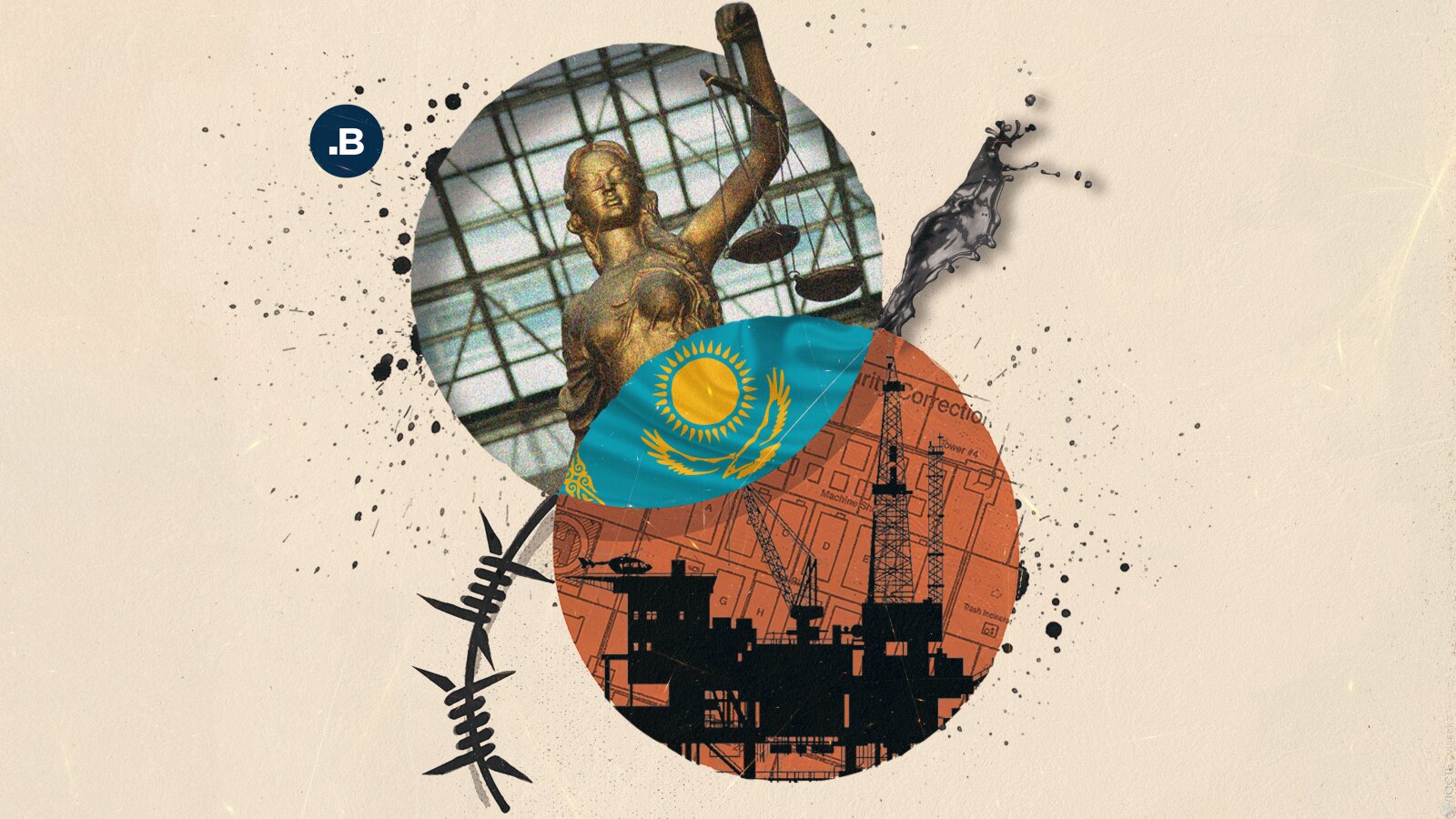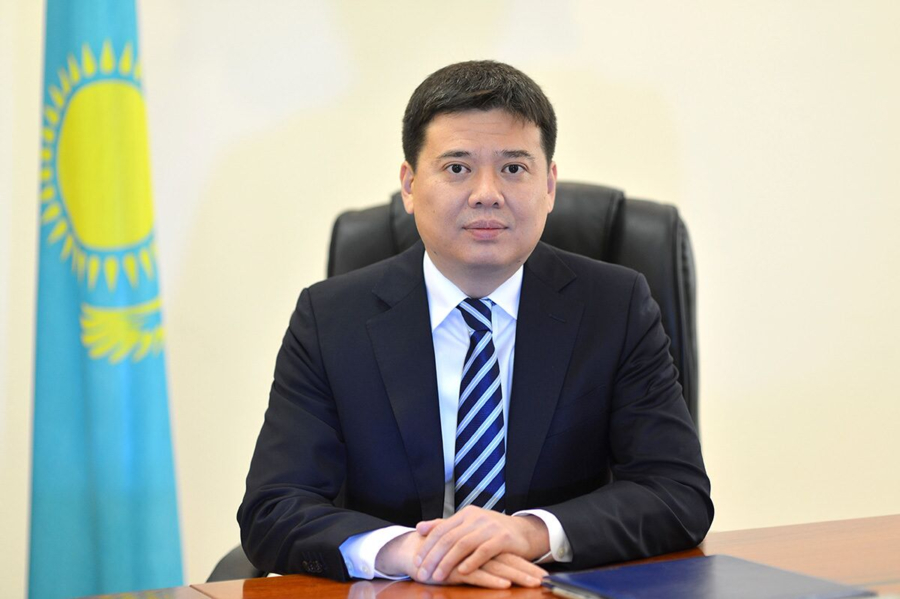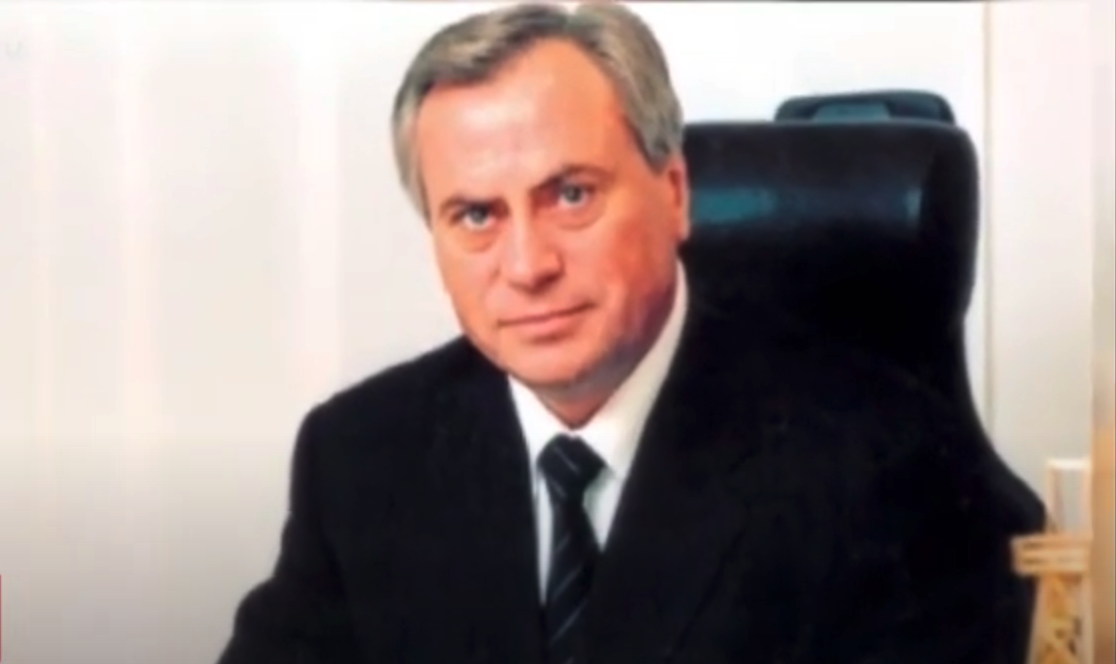Around $75 million will be transferred from Kazakhstan’s budget to the companies controlled by a Moldovan businessman, a Swedish court sentenced. The decision to dismiss an appeal from Kazakhstan’s side represents a milestone in a seemingly endless legal feud between the government and Anatol Stati, the former owner of oil companies that he claims were illegally expropriated in 2010.
The Svea Court of Appeal in Sweden had ruled in January that the claimants, the so-called Stati Parties, could collect funds and assets for $75 million that the bailiff had previously collected from the government of Kazakhstan. The court had also ordered the Kazakhstani side to pay $1.5 million in legal fees. Kazakhstan appealed the decision and on June 14 the same court dismissed the appeal, making the decision final.
Kazakhstan’s side, however, is making a last ditch effort to try to keep its funds, through a litigation in a Belgian court that, if won, would jeopardize the Swedish court decision. People familiar with the case, however, say that the Belgian injunction could soon be lifted, at which point Kazakhstan’s funds will be transferred to the Stati Parties.
Since the arbitration in the Stockholm Chamber of Commerce between the Stati Parties and Kazakhstan’s government started in 2010, this is the closest the parties have gotten to settle at least a part of the litigation. The initial arbitration ruling from December 2013 condemned Kazakhstan to pay more than $500 million to the Stati Parties in damages, plus costs and interest, for having violated obligations under the 1994 Energy Charter Treaty, an industry standard in the oil and gas sector.
Trying Not to Pay
Kazakhstan’s government chose a strategy of denial and alleged Stati’s fraudulent behavior in the case, which involved operations in the oil fields of Borankol and Tolkyn. These were owned by Stati when they were forcibly seized by Kazakhstan’s authorities in 2010. At the time, two decades after independence, corporate raids (also called “reiderstvo” in Russian) were commonplace in Kazakhstan and a rather arbitrary rule of law in the country often left the victims with no choice but to accept their loss.
Unwilling to concede defeat, Stati saw an opportunity to obtain compensation through international arbitration, basing his claim on the Energy Charter Treaty, a set of standards to which countries across Europe and Eurasia, including Kazakhstan, have subscribed in an effort to improve their business environment and enshrine the sanctity of contracts with major transnational companies.
The Swedish court found that Stati’s side was entitled to compensation in December 2013. But when Kazakhstan’s side refused to pay, Stati had little leeway to enforce a payment from a foreign government. The case was further litigated and reached a breakthrough point in October 2017, when Bank of New York Mellon froze $22.6 billion in assets held by Kazakhstan’s National Fund, pending a court decision in the US. At the time, the sum represented around 40% of the Fund, which had diversified its portfolio of investment through revenues from the oil and gas sector.
Then-minister of justice Marat Beketayev minimized the issue at the time, saying that Kazakhstan’s risks were “limited.” The following year, however, the Stati Parties announced a widening of the legal battle to other jurisdictions, including the Netherlands, Luxembourg, Belgium, and Italy. The goal was to go after assets ultimately owned by Kazakhstan’s government, which included stakes in oil consortia, such as the giant Kashagan offshore field.
The Swedish Breakthrough
The legal battle continued in the courts and often moved to the media sphere, with each side cheering when one of the courts gave a hint that the ruling could be overturned or upheld in their favor.
The Kazakhstani side fought to have the courts recognize that its Central Bank should not be considered the same entity as the government, therefore untangling the National Fund from the dispute.
In March 2020, during the first-ever remote hearings of the High Court of Justice in London, a judge agreed with Kazakhstan and delayed the ruling, sending it back to the Belgian court that was examining the case in the first place.
The legal battle was further litigated because in 2019 Kazakhstan argued that KPMG, the auditing firm that undersigned several annual reports compiled by the companies controlled by Stati, had admitted that information in the reports was inaccurate. Kazakhstan’s lawyers then said the whole Stati claim was founded on unreliable data.
Yet, none of the small victories by the lawyers representing Kazakhstan could overrule the arbitral decision, which is now being actioned with money that had been frozen by the court bailiff.
Kazakhstan’s securities, worth around $75 million, “consisted of shares in some thirty listed Swedish limited liability companies” the ruling said.
This represents a breakthrough in the case, as funds are poised to change hands for the first time.
The Next Chapter
Kazakhstan, however, is still fighting not to pay what the Swedish court ordered.
On June 29, in a written response to Vlast, Yerlan Musabayev, the interim director of the department for the protection of state assets at the ministry of justice, said another court case could prevent the collection of the funds owned by Kazakhstan.
“The Kazakhstani side continues the litigation in Belgium, thanks to which the Stati Parties are currently unable to recover the funds of the National Fund in Sweden,” Musabayev wrote.
We asked the ministry about the legal costs of the Stati affair over the past 13 years for the budget of Kazakhstan, which people familiar with the case estimate to be in the hundreds of millions of dollars.
The ministry declined to disclose the full figure, but said that “the legal expenses for the Stati trials do not exceed generally accepted standards in the legal services market.”
The Stati Parties side, however, hinted that the case could escalate further against individuals who also allegedly defrauded Kazakhstan’s government.
In a statement to Vlast, Anatol Stati, the main claimant, said that the internal developments in Kazakhstan since last year could be a sign of change.
“It is encouraging to see Kazakhstan is finally bringing individuals who misappropriated assets from the state and international investors to justice. Now those individuals have been expelled from the government, we look to Kazakhstan to change course and meet its international obligations and settle the debts created by the unlawful actions of those same individuals,” Stati said.
The main figures that Stati could be referring to are former minister of justice Beketayev and former prime minister and head of the security service Karim Massimov.
Beketayev is said to be one of the main beneficiaries of Bolashak Consulting Group LLP, which won contracts in relation to the Stati case with the ministry of justice while he was in office.
“Marat Beketayev and Bolashak Consulting Group continue the policy of evading obligations under international law,” Stati said in 2020.
Beketayev served as minister of justice for more than seven years until he was sacked during the first cabinet reshuffling after Qandy Qantar (Kazakh for “Bloody January”, the violent repression of urban protests and riots that shook the country last year).
Vlast tried to reach Beketayev via email to clarify his relationship to Bolashak, but did not receive an answer.
In April, Massimov was sentenced to 18 years in prison for high treason. According to the prosecutor, he was “the main architect of the attempted coup” that followed Qandy Qantar. He was prime minister when the Stati assets were expropriated.
Should this strategy be espoused also by the government of Kazakhstan, which is also boasting its success in recovering illegally withdrawn assets from foreign jurisdictions, there will be more lengthy trials ahead.
Поддержите журналистику, которой доверяют.










